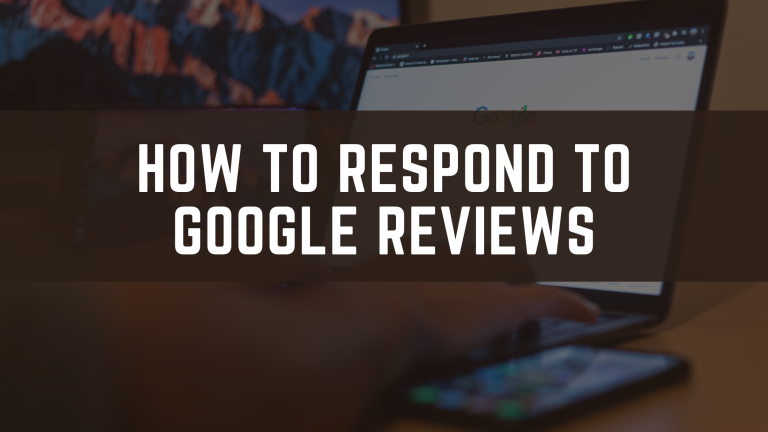The double-edged sword of resort fees
Resort fees, destination fees, urban fees, amenity fees…whatever a hotel or resort wishes to call them, they can feel both welcome and problematic for a vast number of guests. As a reputation management company, we process thousands of online reviews per year, and on average, at least a handful per day involve complaints about hotel resort fees.
Why? Do these guests not enjoy their welcome beverage, their locally sourced coffee and tea provided in the lobby each morning, their in-room fitness offerings, or their evening happy hour? Oh no. They do. In fact, they expect it. What they do not enjoy is the surprise when they realize these amenities are not included in their room rate.
The complaint is so prevalent, in fact, that the issue of resort fees has been compared by former President Obama to the debate over family seating fees on airlines, and has been addressed even more recently by President Biden, who called for these fees to be included in the advertised cost of the room since they are of course not optional in any way and therefore part of the price. The request lacks teeth, however, and no change is expected to be implemented by Congress.
The vast majority of savvy travelers do expect an added-on cost for parking or breakfast at most upscale hotels, so why do so many of them still not know to look for that ‘hidden’ amenity fee before their arrival? And for that matter, is it, indeed, hidden?
To find out, we scoured the websites of ten prominent four and five-star hotels in the U.S. Four of these hotels were beachfront, two defined themselves as ‘boutique’ and the remaining four were urban, based in major U.S. cities. All have amenity fees, yet none advertised this fee anywhere prominently on their website. For most, it took us three-to-four clicks on internal pages to find details of this fee, and on one, we never did source it. Some hotels placed their amenity fee inclusions on an ‘amenities’ page, without indicating the additional price in any way, which could mislead even the most experienced of travelers, and most only placed a link to their amenity fee in the footer of their website.
On the one hand, we get it. No hotel or resort wants to shout an additional fee from the rooftops. But as a result of burying the lede[JCI1] [AH2], guest expectations are not met. And when guest expectations are not met, negative reviews follow.
Very rarely do we see reviews suggesting that while the guest was made aware of the amenity fee and agreed to it, they simply did not find any value in the offered amenities. In fact, the reverse is the norm: when fees are transparent, guests tend to rave about the perks. Most likely, this is because they don’t feel hoodwinked in any way, and in the process of disclosing the fee, the front desk attendant has the chance to advertise all the hotel’s unique offerings, which the guest in turn utilizes. If the fee is not mentioned, most likely, the perks aren’t either, opening up the potential for the guest to feel frustrated that they didn’t get a chance to take advantage of that cruiser bike rental or complimentary beverage.
Even more often, the guest simply isn’t aware that a fee will be tacked on until the end of their stay. This begs the question: had they been aware before booking, would the offered amenities have won out, or would the guest have booked elsewhere to avoid the fee? Any comparable hotel would almost certainly also include an amenity fee, which leads us to believe it is not the existence of an amenity fee that is the problem, but rather the perceived deception.
So, what a Resort Fee and what can your hotel or resort do?
Eliminate the fee and build it into the room rate.
There is already an opportunity cost (or opportunity loss) to these fees, as they are so often highlighted in negative reviews. By eliminating them, the guest may have a higher perceived value of their room rate, knowing all it includes. That said, the downside here lies in staying competitive with comparable nearby hotel choices, which may not be building their amenity fee into their room rates. In such a scenario, a potential guest may be comparing apples to oranges (a room rate with a built-in amenity fee, to a room rate sans fee). However, this model has been tested and approved in some instances: just look at club-level room rates, which are higher but include access to a private hotel club with varied amenities.
Allow the fee to be an opt-in experience.
What if resort fees were made optional, just as parking fees are optional? Certainly, parking and valet rates can be difficult to determine on hotel websites as well, and arriving in Chicago for three nights and having to pay a $70 per night parking fee can be just as off-putting. And let’s face it, parking fees are more costly than resort fees.
Guests love a customized experience, and opting into (or out of) amenities such as a gym, pool, welcome beverage, or provided coffee service may be a solution for some hotels, especially those that already cater to a more customized, boutique experience. How would this look in practice? The key card of a guest who opted out of the amenity fee would not access the hotel fitness center, for example, or the pool deck. While a possible solution, this practice could backfire, leaving a guest feeling more nickel-and-dimed than before.
Be more transparent about the existence of the fee.
Is the solution to require hotels and OTAs to more prominently feature resort fees (perhaps with a little badge that catches the eye of the consumer)? This may be the best solution for hotels that rely on amenity fees and don’t want them going away, but also want to manage guest expectations to prevent the occurrence of negative reviews. By being transparent about any additional fees on the homepage of one’s official webpage, and additionally described upon check-in, hotels may earn trust and loyalty while setting the tone for what the guest can expect.
If opting for this solution, hotels will additionally need to go the extra mile to ensure their resort fees are prominent on their OTA pages as well, listed in correlation to the advertised room rate. Combined with front desk personnel training to orient guests to any additional fees, this type of transparency may be the best solution of all, at least from a reputation management standpoint.
To learn more about how we can help your hotel, restaurant or other consumer-facing venture create, implement, and manage a reputation management strategy, we invite you to send us an email through our secure contact form or call us at 855-979-6800. For those wishing to manage reviews on their own, our The Reputation Lab platform is an all-in-one dashboard that aggregates reviews, provides sentiment analysis, sends alerts and reporting, manages your local listings, and the platform even provides an AI tool for responding to reviews.




